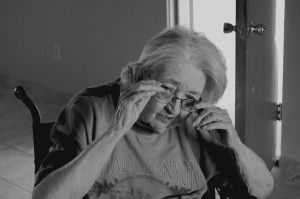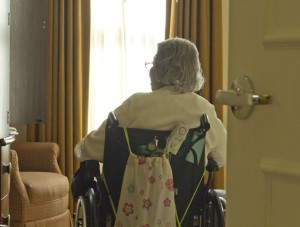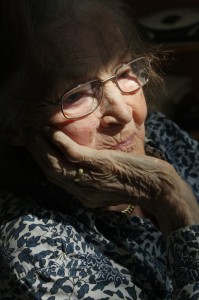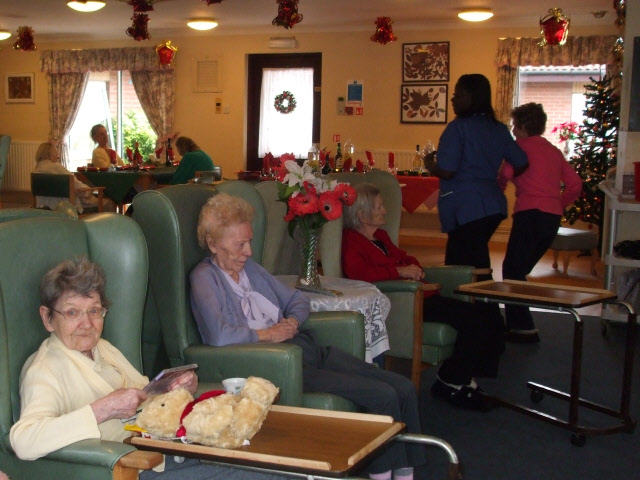The recent sentencing of a former nursing home administrator from a Lake Isabella facility is sure to send shockwaves throughout the nursing home community. Channel 17 KGET news recently reported that Pamela Ott, a former nursing home administrator, was sentenced to three years probation and 300 hours of community service for the actions committed by lower ranking staff while under her watch and her subsequent lack of action to prevent further crimes. The news station reported that this is the first time in the country that an administrator was held criminally responsible for the administration of pyschotropic medications.

The facts of the case paint Ott not as someone committing criminal acts, but instead as someone who failed to respond to criminal actions. Because of Ott’s failure to act, eight residents of the home were seriously injured and three of those died. From August 2006 to August 2007, these eight residents were inappropriately medicated by lower ranking staff in order to keep them quiet and subdued. Ott failed to monitor the medicating practices of the staff and then later failed to investigate these incidents after they were reported to her. She received complaints about nursing director Gwen Hughes’ abusive actions at the home, but ignored those complaints and instructed the employees to follow the director’s instructions. Ott was told by staff members that residents were being “forcefully restrained and injected with medications” according to The Bakersfield Californian, but she failed to do anything about it. Ott plead no contest to a felony count of conspiracy to commit an act injurious to public health according to the report. Ott’s plea deal resulted in three years probation and 300 hours of community service. If she had fought the charges and had been convicted on all counts, she could have faced 20 years or more in prison.
Our San Diego Elder Law Attorneys point to this regretful situation as additional evidence that both residents of nursing homes and their family and friends need to keep a careful watch over the conditions within nursing homes and the actions of the staff. In this instance, employees of the nursing home were using abusive tactics involving restraints and medication in order to subdue and control the residents. The evidence presented showed that this behavior was reported, but the nursing home administrator failed to handle the complaints appropriately, leading to additional instances of abuse and the resulting mistreatment of the side effects of the abuse. Three residents died. Our Southern California nursing home abuse lawyers agree with the prosecution in making a resounding statement that this type of behavior should not go unpunished.
 Scams Target Elderly Californians
Scams Target Elderly Californians California Nursing Home Abuse Lawyer Blog
California Nursing Home Abuse Lawyer Blog






 This news is only the latest in many reports concerning elderly dementia patients and the varied problems of antipsychotic drugs. Indeed, the California Department of Public Health and the Department of Health Care Services have been working to reduce the “off-label” use of
This news is only the latest in many reports concerning elderly dementia patients and the varied problems of antipsychotic drugs. Indeed, the California Department of Public Health and the Department of Health Care Services have been working to reduce the “off-label” use of 







